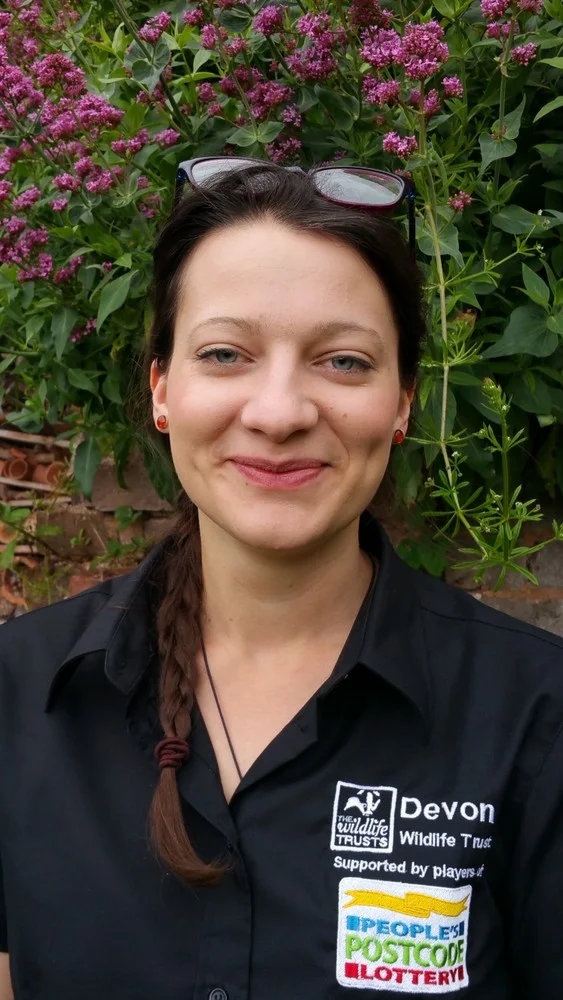Viewers of a very different kind of reality TV will be going
batty in the coming weeks. People can tune into a live webcam of a greater
horseshoe bat roost to see hundreds of the rare animals appearing on screen at
one time.
The bat cam is beaming live pictures around the world from an
undisclosed greater horseshoe bat roost in South Devon. The camera was specially
installed as part of the Devon Greater Horseshoe Bat Project – a 5 year
partnership project made possible by National Lottery players through a
£785,500 Heritage Lottery Fund (HLF) grant, led by Devon Wildlife Trust, which
is working towards sustaining Devon’s population of these threatened nocturnal
animals.
Ruth Testa, Project Manager, of the Devon Greater Horseshoe
Bat Project said:
‘The bat cam allows
everyone to see what goes on inside a bat roost – something that is not
normally possible. By logging on to our website (www.devonbatproject.org) and watching the live footage, people can
get a unique and intimate view into the lives of these wonderful animals. You
can also watch footage of some of our teams favourite moments from previous
years.’
Colin Morris, Nature Reserves Manager for The Vincent
Wildlife Trust which owns and manages the site and is a partner in the project,
said:
‘The bats are very
active at the moment - people should keep their eyes peeled as the female
greater horseshoe bats are getting ready to give birth. While difficult to see
during daytime, the newborn pups are left on their own once the adults go out
to hunt at night. The coming weeks should see some drama as a succession of baby
bats appear on screen!’
Greater horseshoe bats have seen their numbers plummet by
over 90% in the last 100 years. Today Devon remains a stronghold of the
endangered species with about a third of the UK population thought to be
surviving in the county.
The Devon Greater Horseshoe Bat Project hopes to reverse the
species’ decline. Over the coming years it will continue to work with local
landowners, farmers and communities across Devon ensuring that Devon remains a
place which offers greater horseshoe bats the room to live and flourish.
Ruth Testa said:
‘Devon is really
important for this amazing bat, as we have retained some of the landscape which
is so important to them. Small, hedge-lined fields, grazed by cattle, with
pockets of woodland provide the food that they need to sustain their young.’
Members of the public can help us improve our scientific
knowledge of bats by taking part in the Devon Bat Survey. During the summer
months you can borrow an SM4 bat detector for 4 days from 20 locations across
Devon through our online booking service www.devonbatproject.org/devon-bat-survey.
A Greater Horseshoe Bat – Photo copyright Michael
Symes (All Rights Reserved)
👀👀👀👀


